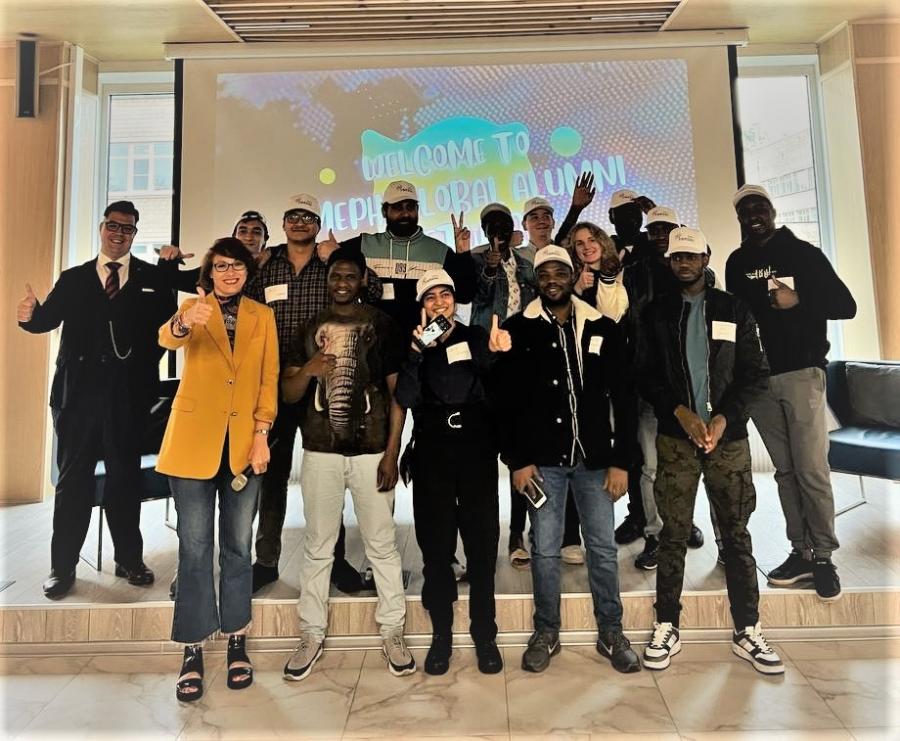MEPhI has launched a new project that brings together foreign graduates of the Moscow campus and regional university sites - the MEPhI Global Alumni Network. The project was launched with the support of Rosatom State Corporation, a strategic partner of the university in the field of training highly qualified personnel for the nuclear industry.

The project is designed to become a platform for communication between MEPhI graduates from different countries who want to stay in touch with their alma mater and other graduates around the world. Members of the MEPhI Global Alumni Network will be able to benefit from networking in the communities of their countries and regions, participate in expert sessions and short-term educational programs to maintain their skills, show their leadership skills in a mentoring program, and more. The university, in turn, is interested in keeping in touch with graduates.
More than 40 graduates from countries near and far abroad took part in the event, at which the MEPhI Directorate for Partners and Alumni Relations announced the launch of the project, online and offline. María Luisa Ramos Urzagaste, Ambassador Extraordinary and Plenipotentiary of the Plurinational State of Bolivia to Russia, addressed the participants with a welcoming speech. Representatives of Rosatom State Corporation Vera Upirova and Maxim Nabatnikov spoke about the most important foreign projects, paying special attention to the countries of Africa and Latin America. The career master class “How to find a dream job” by a business mentor, an expert of the MEPhI Mentoring Program, Lilia Shcheglova, became relevant for graduates.
The immediate plans of the project include the creation of country communities in Kazakhstan and Uzbekistan, where MEPhI has foreign branches.
For reference:
Every year, the MEPhI Moscow campus graduates about 200 foreign specialists, most of them graduate from the master's program. About 40% of the 2023 graduates studied physics, 40% graduated in economics and management, and 20% became information technology specialists.





